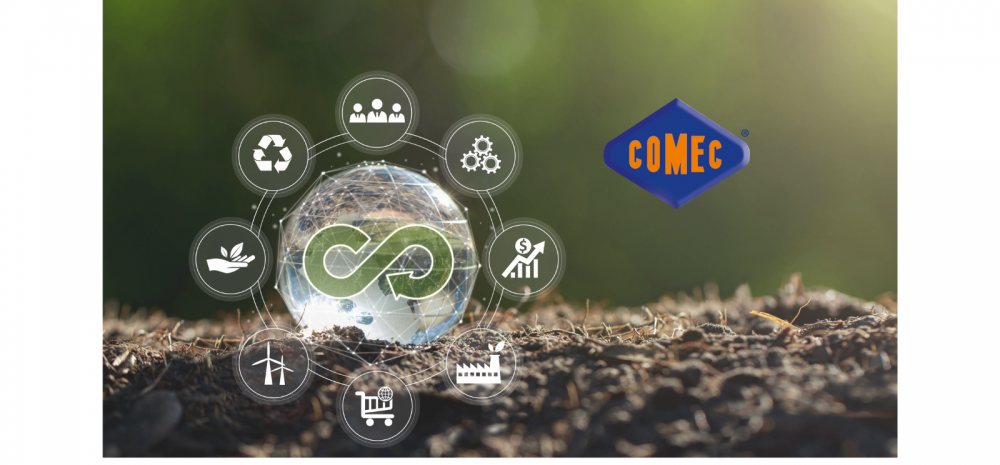
Attention to recycling and eco-sustainability is a cross-sector trend in all industrial sectors.
The automotive sector is no exception, especially when considering that by 2030, it's estimated that the automotive sector will represent the largest consumer of critical raw materials for electric motor magnets in Europe, and it already represents 10% of plastic consumption (6 million tons per year).
Source: https://economiacircolare.com/automotive-stellantis-economia-circolare-unione-europea/
The automotive industry is looking for new opportunities to integrate eco-sustainable solutions into the production and maintenance process.
Traditional paradigms of design, production, product life cycle management, and the development of partnerships can be reimagined with a greater focus on efficiency and sustainability. Specifically, we believe that immediate and effective action can be taken in the maintenance and repair of vehicles with solutions that extend the lifespan of components, thereby reducing waste production.
Based on the concept of the "circular economy", as an alternative to current business models where products are built, used, and then disposed of, the new eco-sustainable business model aims to ensure the recovery and recycling of as many components as possible.
In the automotive sector, an example of the application of the circular economy is the regeneration of engine and brake components.
Instead of disposing of these components once they are worn out, they undergo a regeneration process that may include cleaning, grinding, replacing some parts, and reassembly.
This significantly reduces the need to produce new components from virgin raw materials.
The circular economy aims to create a virtuous cycle in which products maintain their value for as long as possible, reducing waste and the exploitation of increasingly limited natural resources.
Comec Srl, a leader in the automotive workshop machinery sector, has always believed in this model because it understands the importance of these transformations and constantly introduces new technical solutions to adapt to continuously evolving scenarios.
This implies a significant commitment from Comec to develop new relationships between technological partners and end customers worldwide to support the reuse and regeneration process of engine and brake components.